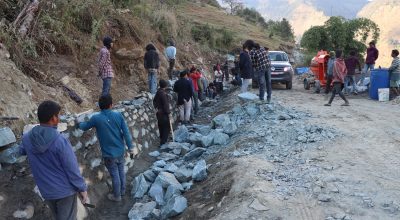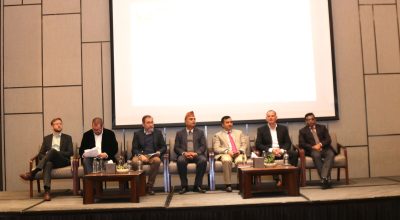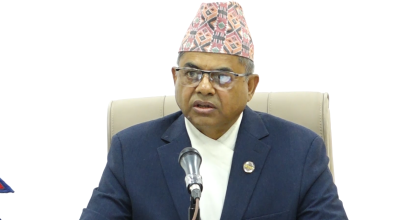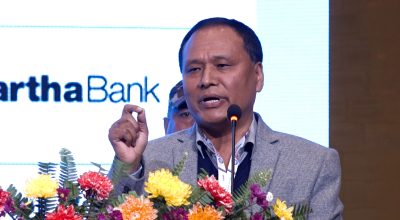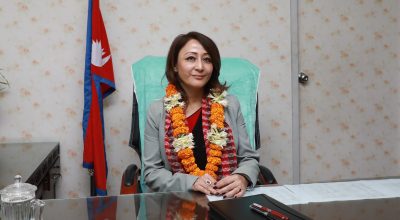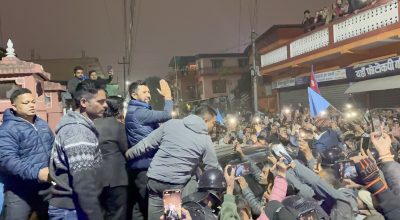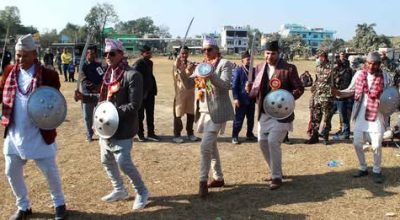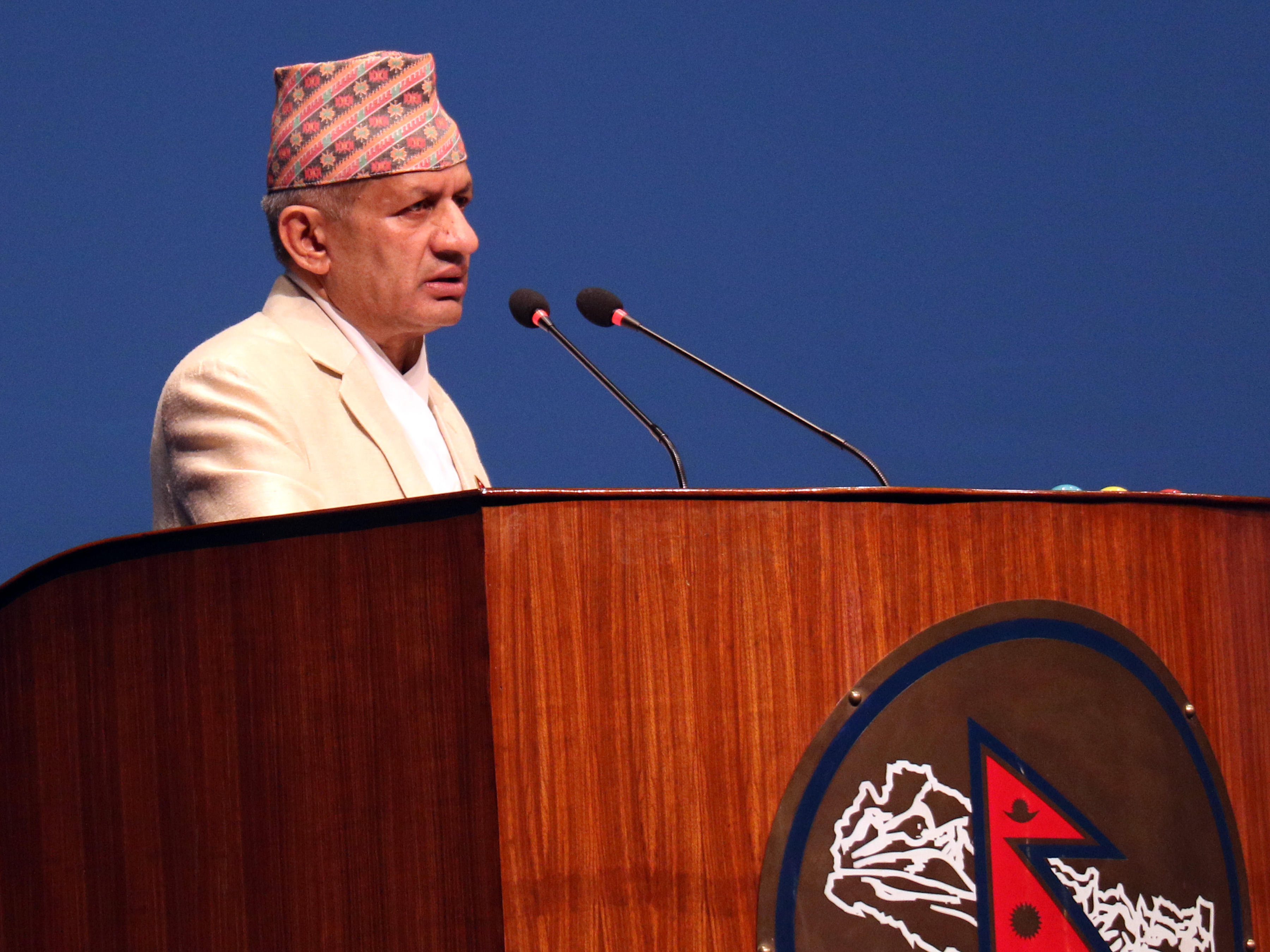
Kathmandu, Sept 26: Minster for Foreign Affairs Pradeep Kumar Gyawali said the Landlocked Developing Countries (LLDCs) need increased international support measures not just the Official Development Assistance but also partnership, technology transfer, and investments.
In his address to the 18thAnnual Ministerial Meeting of LLDCs in New York on Wednesday, Minister Gyawali said the UN system has always been an important institutional support mechanism to LLDCs.
According to Ministry of Foreign Affairs, Minister Gyawali appreciated the roles played by UN Secretary-General Antonio Guterres and Under Secretary-General and High Representative for LDCs, LLDCs and SIDS, Madam Katoa Utoikamanu and her team in promoting the cause of LLDCs.
LLDCs are facing several challenges arising from their remoteness, landlocked status and geographical isolation, he said, the countries have faced difficulties to be connected to global trade networks and value chains.
“The geographical constraint has compounded the cost of development; while perpetuating poverty and economic distress. Added impact of climate change on them, their vulnerability increases manifolds”, he noted.
Infrastructure gap in LLDCs compared to other countries is high, he said, building connectivity is extremely difficult and geographical remoteness has eroded the competitiveness of their products.
Recalling that the political declaration of Vienna Programme of Action (VPOA) has pledged to help LLDCs turn into land-linked countries, he highlighted the need of durable and effective partnership between and among LLDCs and transit neighbors, development partners and UN other organizations as well as other stakeholders.
“The outcome document underscores the importance of unfettered, efficient and cost-effective access for LLDCs to and from the sea”, he said, arguing this only can reduce the cost of trade and decrease their remoteness to global market place.
Minster Gyawali expressed Nepal’s belief that reliable, quality and sustainable infrastructure must be built in the first place to transform the future of these countries.” This is a dynamic process requiring huge investment and partnership”.
The best support to LLDCs would be to ensure full, timely and effective implementation of the Program of Action, he noted, adding this should be done in full synergy with the 2030 Agenda for Sustainable Development and other development outcomes.
The constraints facing LLDCs especially in the area of trade are still under-studied, such as e-commerce readiness and increasing its share, he went on saying.
Highlighting the important role of the International Think Tank in this regard, he called for providing the Think Tank with adequate support and commitments for enabling it to do more for LLDCs.
Informing that Nepal has mainstreamed the 2030 Agenda and VPOA into its national plans and programs and adopted the 15th five-year plan with a longer-term development vision for the country towards materializing the goal of “Prosperous Nepal, Happy Nepali”, he said Nepal is striving to to carry out development of all modes of connectivity including, air transport, roads, railway, transmission line, and inland waterways.
“We anticipate support of the international community in our national efforts”, the minister added.






